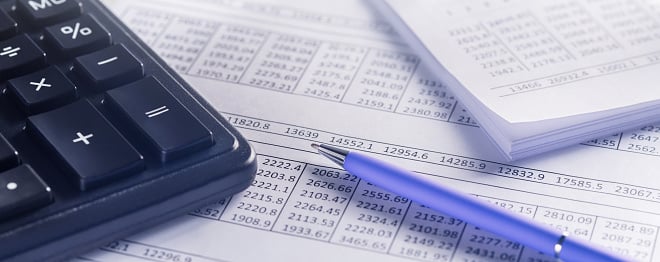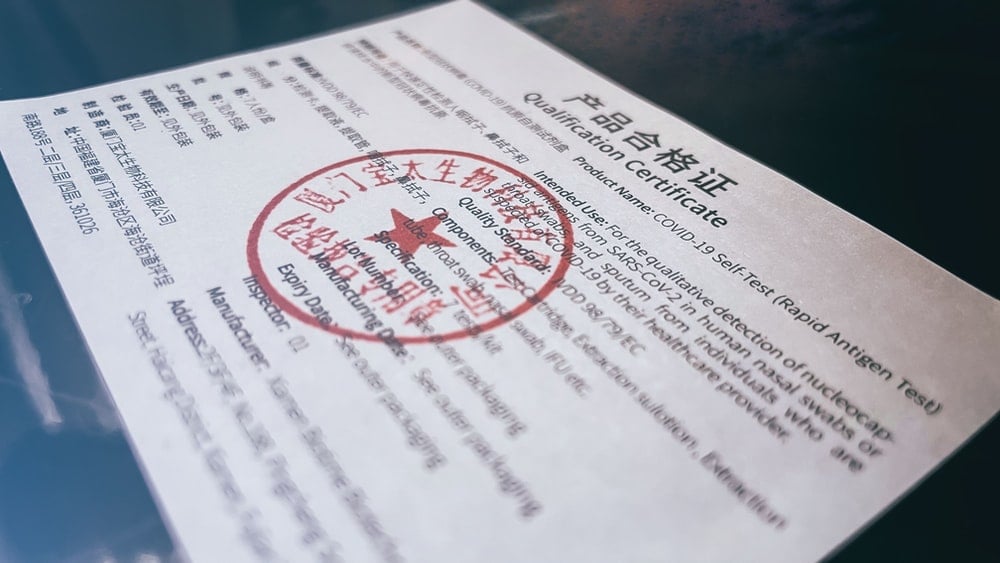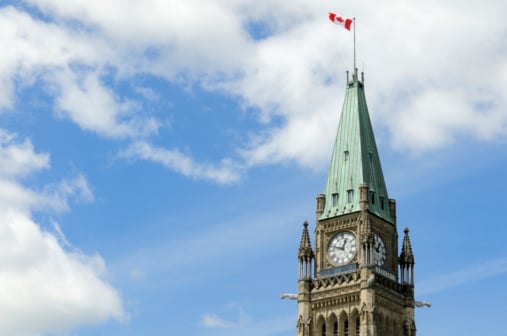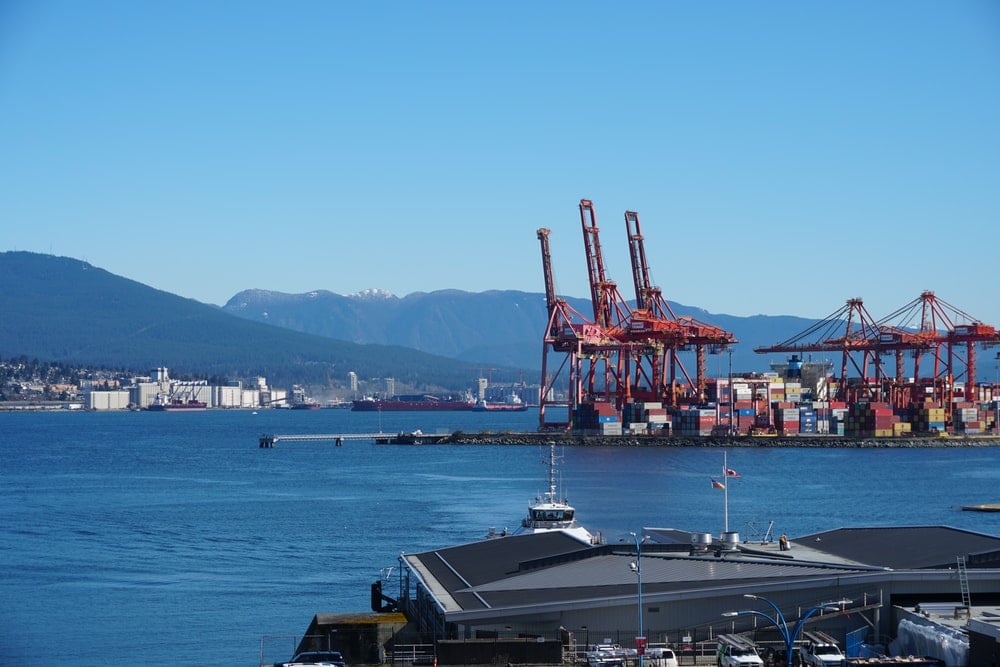Before you start the importation process, here are some things you need to consider doing. You may already know these steps if you are running a transaction business for years.
Below are my go-to steps that can help you know the import rules set by the Canadian government.
1. Obtaining a Business Number From CRA

Do you know what it does? Well, it helps you secure a transacting business account. The reason is that you are starting an importation business.
You should register for Canada Revenue Agency program accounts to avoid any mishap during the import process.
Note that you cannot import to Canada without having this number. You can also consider registering for GST/HST, payroll tax, and corporate income tax.
2. Classifying Your Imports
It is the first thing you need to do before doing any import transaction. Most countries worldwide use the harmonized system for standard product classification.
It includes different codes and tariffs as part of import requirements.
Note this number together with the good’s country of origin. These numbers help know the duty rate you need to pay before importing.
With this, you need to know your product’s HS code. You will use it to obtain international trade statistics and file documentation papers.
Being an importer, one must use the HS code to describe and classify the items.
3. Applying for Relevant Inspection, Certificates, and Permits

Like other countries, you need to let the Canadian authorities know the type of goods you need to import.
With this, you need to contact the relevant agency and let them know your intention to import certain goods. It’s advisable to do this since it’s an early application.
Besides, make sure you apply for import inspection in Canada. Also, you should let the authorities know the type of goods you need to import.
They will then go to their database to see if the goods are relevant for import. They will later help you get the relevant documents.
You can use these documents to apply for the certificates and permits to start the trade.
4. Hiring a Licensed Customs Broker
In line with importing goods from China to Canada, you can get help from licensed customs brokers.
A customs broker often knows the import requirements.
So, he will be the right person to help you prepare and submit the necessary documents. It is to help you get the necessary permits from the government for importing goods.
They can also help you transport the packages within the country. It is through different provinces like trucking services.
As an importer, it is advisable to look for a customs broker specializing in the type of cargo you need.
A professional customs broker also specializes in clearing and transporting. They transport different types of cargo such as apparel, perishables, etc.
Suggested reading: Customs broker
5. Determining Duties and Taxes

Have you determined duties and taxes? Also, are you sure of the correct tariff classification number?
Then, you need to place the appropriate tariff treatment that applies to your goods.
A particular trade agreement or tariff treatment is a need. It will enable you to enjoy the preferential duty rate. You can check the ‘Canadian Customs Tariff’ Schedule.
This schedule includes ‘Applicable Preferential Tariffs’ and ‘Most-Favoured-Nation (MFN) Tariff’ on the right side.
Moreover, do you know you must also have proof of origin with Canadian imports? That is for a specific trade agreement at the time of importation.
For example, you need to have a valid NAFTA Certificate of origin to request the UST.
You must determine if your goods are subject to the goods and services tax (GST), excise tax, sales tax, excise duty, or any provincial sales tax.
Besides, you need to determine the value of goods you are importing.
You may need to do one more thing, i.e., estimating in advance how much you will need to pay in duty and taxes.
Suggested reading: China import tax
Suggested reading: Import Tax From China To US
6. Shipping and Reporting Your Goods
With this, you need to place your order and select a shipping method.
You can set the order with the vendor, shipper, or exporter. It will let you choose the mode of shipping you will use.
So it can be through the air, courier service, marine, highway, or rail.
Moreover, it would be best to select the expected CBSA (Canada Border Services Agency) office to release your items.
Thus, another thing you may need to do is report your goods to the CBSA. It is mandatory if you are importing commercial goods.
Whether you use a carrier to transport or transport it yourself, it is mandatory.
At this point, note that government officials may examine your goods. So, make sure you have the necessary accounting documentation with you.
It helps to check whether an importer has complied with the CBSA Canada Border Services Agency) requirements or other government department regulations.
But it is usually free of charge.
However, if a need arises that you need to hire a transport company to move or handle your goods, you may obtain an invoice from that particular company for their services.
7. Getting Your Goods Released

There are two simple methods to get the goods released. You may need to prepare the release and accounting documents while using these options.
You can do it all by yourself or hire a licensed customs broker to handle that on your behalf.
Be keen on the method you will choose to use. The CBSA often assigns a 14-digit transaction number to each shipment.
That helps them classify your goods during the clearance process. These methods are as below.
- Method 1: Make the Payment of Duties After Releasing the Goods
You must take care of the entire accounting and payments of duties to release goods.
- Method 2: Release of Goods Before the Payment of Duties
To enjoy this, you must follow an application process. The ‘Release on Minimum Documentation (RMD)’ lets you do so. Many importers use this option with a high import volume.
Suggested reading: Customs clearance
8. Note That the CBSA May Verify Your Importations
The CBSA can verify and adjust the origin, value for duty, or tax classification.
They also do so for commercial importations for about four years after importation.
Let the CBSA adjust your accounting document. It will help you obtain a Detailed Change Statement (DAS).
This statement outlines the change, and you will get a month (30 days) to settle any pending duties and taxes.
Being an importer, you or your agent have every right to make requests. The requests would be related to an impartial review.
You can request it against decisions made on taxation, the value of imported goods, or origin.
You need to note that you must make your request as early as possible. It should be no later than 90 days after the date of the initial decision.


评论